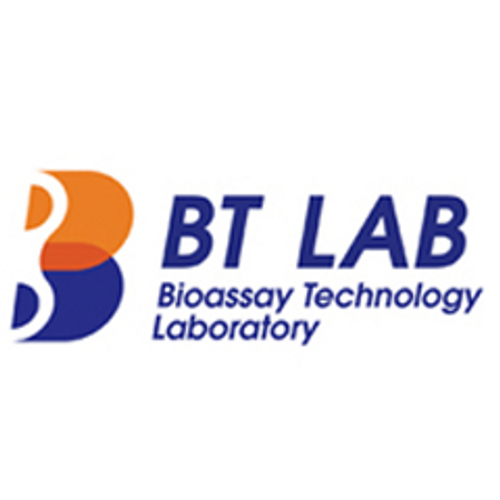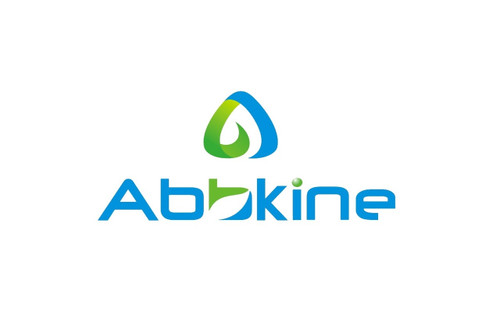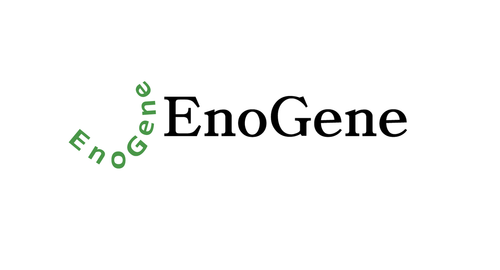Product Description
Mouse Cluster of differentiation 30 (CD30) ELISA Kit | AE13992MO | Abebio
Species Reactivity: Mouse (Mus musculus)
Abbreviation: TNFRSF8
Alternative Name: CD30; D1S166E; Ki-1; CD30 antigen|CD30L receptor|Ki-1 antigen|cytokine receptor CD30|lymphocyte activation antigen CD30
Application: ELISA
Range: 15.6-1000 pg/mL
Sensitivity: 3.9 pg/mL
Intra-Assay: ≤5.6%
Inter-Assay: ≤10.6%
Recovery: 1, 03
Sample Type: Serum, Plasma, Other biological fluids
Detection Method: Sandwich
Analysis Method : Quantitive
Test Principale: This assay employs a two-site sandwich ELISA to quantitate TNFRSF8 in samples. An antibody specific for TNFRSF8 has been pre-coated onto a microplate. Standards and samples are pipetted into the wells and anyTNFRSF8 present is bound by the immobilized antibody. After removing any unbound substances, a biotin-conjugated antibody specific for TNFRSF8 is added to the wells. After washing, Streptavidin conjugated Horseradish Peroxidase (HRP) is added to the wells. Following a wash to remove any unbound avidin-enzyme reagent, a substrate solution is added to the wells and color develops in proportion to the amount of TNFRSF8 bound in the initial step. The color development is stopped and the intensity of the color is measured.
Product Overview: This protein is a member of the TNF-receptor superfamily. This receptor is expressed by activated, but not by resting, T and B cells. TRAF2 and TRAF5 can interact with this receptor, and mediate the signal transduction that leads to the activation of NF-kappaB. This receptor is a positive regulator of apoptosis, and also has been shown to limit the proliferative potential of autoreactive CD8 effector T cells and protect the body against autoimmunity. Two alternatively spliced transcript variants of this gene encoding distinct isoforms have been reported.
Stability: The stability of ELISA kit is determined by the loss rate of activity. The loss rate of this kit is less than 5% within the expiration date under appropriate storage condition. The loss rate was determined by accelerated thermal degradation test. Keep the kit at 37°C for 4 and 7 days, and compare O.D.values of the kit kept at 37°C with that of at recommended temperature. (referring from China Biological Products Standard, which was calculated by the Arrhenius equation. For ELISA kit, 4 days storage at 37°C can be considered as 6 months at 2 - 8°C, which means 7 days at 37°C equaling 12 months at 2 - 8°C) .
 Euro
Euro
 USD
USD
 British Pound
British Pound
 NULL
NULL








